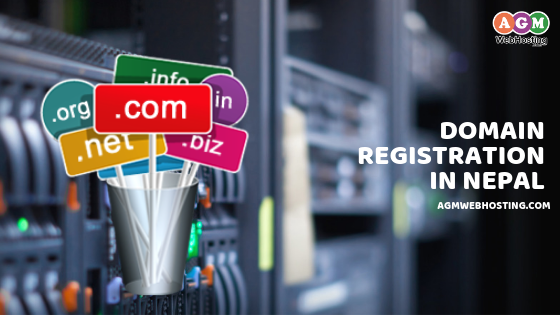How data analytics is revolutionizing healthcare services

Owing to the massive amount of complex data, the healthcare sector experiences major data management challenges. Without the correct tools and systems, healthcare companies find it difficult to extract key insights from this data, hampering their capability to improve organizational efficiency and enhance patient care. Data in healthcare becomes functional only when analyzed using the right tool and proper data analytics consulting service. Data analytics involves accumulating data from different organizational divisions to build a central, well-structured data source. It helps doctors check patients’ medical records and treat conditions based on the patient’s age, disease history, and outcomes of medication. Here is how data analytics is revolutionizing healthcare services.
Data analytics in healthcare
Data analytics transforms how professionals collect, analyze, and process complex data, enabling doctors and healthcare providers to make better, well-informed decisions. The healthcare industry generates the most complex data sets, and data analytics plays a vital role in this process. Each patient generates massive data that needs storage, organization, and thorough analysis to provide holistic healthcare treatment. Also, government guidelines and rules demand healthcare organizations to ensure the safe storage and handling of data. Advanced analytics consulting in healthcare provides organizations with the tools and ways to meet all regulatory necessities while ensuring quality healthcare for patients. Data analytics helps hospitals and healthcare organizations manage their resources better and provide tailored treatments to patients.
Applications of data analytics in healthcare
In healthcare, data analytics can be implemented in various aspects of operations management and patient care. It can be used to research and inspect methods to improve patient care, decrease costs, and more. By using prescriptive, descriptive, predictive, and discovery analytics, doctors and care providers can get a more holistic and clear understanding of patient data. Some key applications of data analytics in healthcare include: –
Prevention of diseases
Data analytics helps healthcare professionals analyze patient history and identify patterns in severe health conditions or diseases. It allows doctors to take preventive measures, diminish complications, and enhance patient outcomes.
Financial risk management
Data analytics can help healthcare companies manage financial risks like underutilized records, unpaid bills, and fewer reimbursements. With predictive analytics, healthcare organizations can find accounts with remaining payments and check insurance coverage to improve cash flow.
Improved care coordination
Data analytics can help doctors gain real-time insights about a patient’s condition, increasing chances to save lives in emergencies. Apart from emergencies, data analytics allows doctors and caregivers to treat patients better and send notifications about patient’s health, improving overall care coordination.
Customer service
Data analytics in healthcare also impacts customer service by providing structured and clear data. It helps healthcare professionals to customize treatment, provide a seamless treatment experience, and streamline billing and payment processes.
Since the healthcare landscape continues to grow, the prominence of data analytics will only increase. With the growing accessibility of wearable devices, electronic health records (EHR), and other sources, healthcare professionals need to be prepared to harness data to get meaningful change. With proper guidance and data analytics consulting, healthcare organizations can provide better healthcare services to their patients, gain long-term success, and stay ahead in the industry. From developing an integrated analytics tactic to developing an R&D strategy and assisting in go to market strategy consulting firms can help healthcare organizations improve performance and gain success.
Summary









